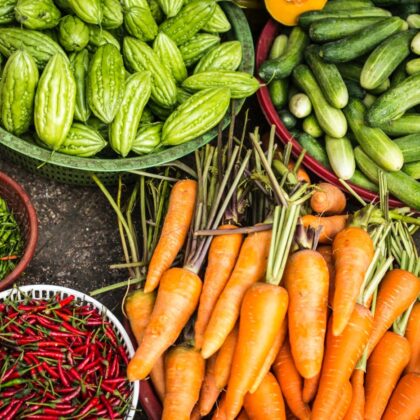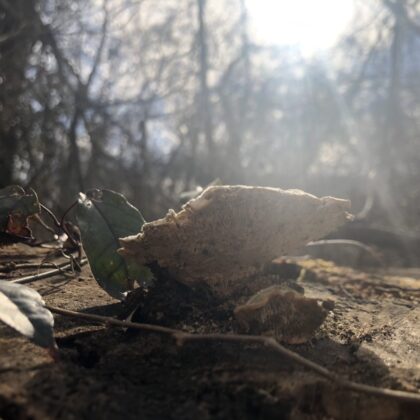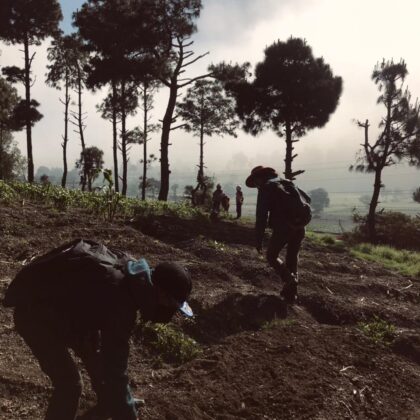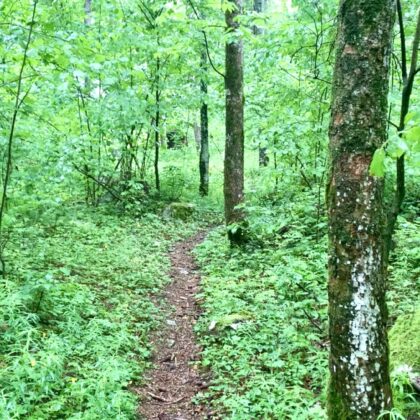A couple of years ago, I received my deceased grandfather’s military card from his mandatory service in the Yugoslav army during the 1950s. In the card, there is a row with the title “nationality” where my grandfather stated that he was “indefinite”, which is a synonym with unclear, unknown and undecided. His statement and self-identification were in accordance with contemporary official identity politics of the Yugoslav state. The nationality question was extra sensitive in my grandfather’s case being born in a Muslim family and young during a time when the government was, directly and indirectly, trying to force Muslims in Bosnia-Herzegovina to declare themselves as Serbs or Croats.
Elements of my grandfather’s history, being born in Yugoslavia, living in Bosnia during and after the war and later on moving to Sweden, resulted in me having deeper interests when it comes to ideas about identification. As I am writing this text, there is an “invisible billion” of humans, individuals who lack a valid and legal form of primary identification as an ID-card or passport. This is despite the fact that all humans, in accordance with the United Nations principles and declaration of human rights, have a right to identification via citizenship.
The problem is addressed within the 19 global development goals of the UN2030 agenda and for Sustainable Development (SDG:S). Goal 16, focusing on peace and institutions, also includes the idea that every human should have legal access to identification. Lacking valid identification makes it harder for humans to exercise social and economic rights, educational and labour participation, and democratic participation. Such obstacles and features are mainly a problem in those regions and countries regarded as a part of the Global South such as Burma and Congo.
In order to solve this global problem, different solutions are being proposed and already exist. One example is the Aadhar card in India, providing in principle every Indian resident with valid digital identification. Another solution is the blockchain-based self-sovereign identity or SSI where an individual can own identification in digital meaning. However, this solution is still not widely and officially accepted across the world. It will take time for more massive adoption of solutions like blockchain, which are still seen as something sub-cultural rather than mainstream and widely accepted.
In principle, thanks to this kind of modern technology, humanity is closer than ever to solving identity-related problems. Like other projects such as Bitnation Pangea, SEEDS is also working in the direction of creating solutions that are going to improve the quality of life for people across our planet. This is done via SEEDS-Global Passport where one may access the SEEDS community and connect with individuals who are regenerators, change-makers, social activists, environmentalists and more.
The SEEDS-Global Passport would make it possible to contribute to creating additional valid forms of identification that are community-oriented and easily accessible. At the moment, the primary function of the SEEDS passport is to enable individuals and organisations to become members of the SEEDS community to collaborate on and co-create projects beneficial for human progress and regenerative planetary development with a focus on climate change aspects. Since SEEDS passport is already global and is in terms of nation-states, SEEDS already has an advantage of offering an alternative to nations because of its status as a global community.
The idea of world, global or cosmopolitan citizenship is still an idea that is part of our social reality, but not as a part of a judicial and physical reality where we can hold it in our hands or have it in our pockets. However, with the development of modern technology and the ongoing decentralisation trend focusing on blockchain, cryptocurrencies and social platforms, we are closer than ever to achieving vital solutions and progress for humanity. Therefore, the SEEDS Global Passport has the potential to provide freedom, rights, sovereignty as well as community membership to humans across our planet for life in a democratic, sustainable and wealthy world society.













